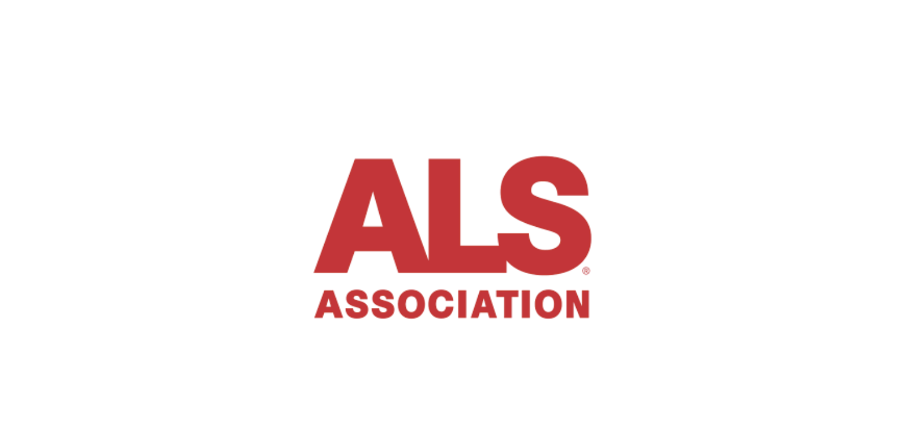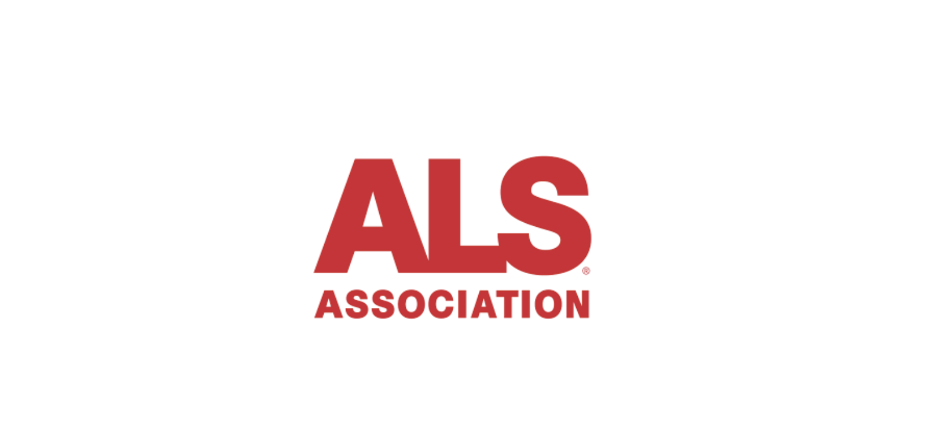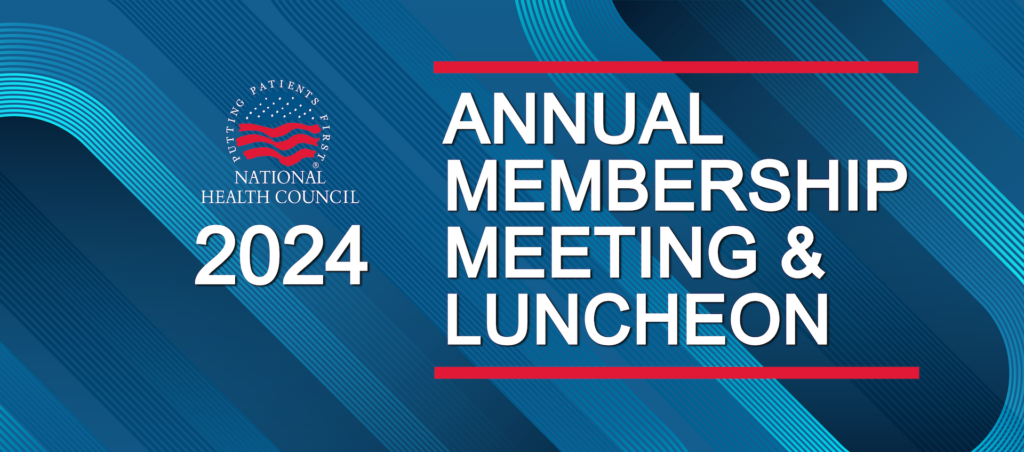

Guest Post: May is ALS Awareness Month!
By: The ALS Association
May is ALS Awareness Month, a time dedicated to raising awareness about ALS and the people affected by it. At The ALS Association, we are committed to making ALS livable for everyone, everywhere, until a cure is found. You can help us fight this relentless disease by visiting ALS.org/awareness.
About ALS
ALS (amyotrophic lateral sclerosis), also known as Lou Gehrig’s Disease, is a progressive neurodegenerative disease that affects nerve cells in the brain and spinal cord. Eventually, people with ALS lose the ability to walk, speak, and, ultimately, breathe. The disease is always fatal and there is no cure.
- Every 90 minutes, someone is diagnosed and someone dies from ALS.
- For about 90% of all cases, there’s no known family history of the disease or presence of a genetic mutation linked to ALS.
- For 5-10% of all cases, there’s a known family history of the disease. This is often called familial ALS.
- In families with familial ALS, there is a 50% chance each offspring will inherit the gene mutation and may develop the disease.
- For unknown reasons, military veterans are more likely to be diagnosed with the disease than the general public.
- The cost of care for a person with ALS is estimated to be $250,000 annually.
Essential ALS Resources
- Visit org for information and resources on ALS, from symptoms and research to advocacy and care.
- Find ALS support in your area through our nationwide network of care.
- Get the latest news about ALS. Sign up for our monthly e-newsletter, follow our weekly blogs or listen to our latest podcast on Connecting ALS.
- Become an advocate and help change laws and policies that affect people with ALS and their families.
- Learn more about ALS research and find out how you can enroll in clinical trials.
- Follow on social media. Stay up to date on the latest in ALS news and stories about people living with ALS through Facebook, Instagram, and Twitter.
Finding a Cure for ALS
While there is no cure, the research and drug development pipeline are robust and promising. Just in the last year, two new drugs have been approved to treat the disease – including the first treatment to be supported by money raised by the ALS Ice Bucket Challenge, and the first gene therapy approved to treat ALS. In total, three new treatments have been granted FDA approval in the last five years.
The ALS Association is currently funding over $53 million in research around the world, and 40 potential treatments are part of that pipeline.
These treatments slow disease progression, prolong life and reduce negative health outcomes like falls and hospitalizations. We are even supporting research looking into ways to prevent ALS from developing.
Making ALS Livable
Even as we support researchers looking for treatments and ways to cure ALS, we are also working to make sure that every person living with ALS has access to high-quality and effective treatments today, no matter where they live.
We do that through a nationwide network of multidisciplinary care centers, which have been shown to extend life and increase quality of life. We also work to coordinate care for over 20,000 people living with ALS, provide financial grants to help cover expenses associated with an ALS diagnosis, and work with families to figure out what they can do to adapt their home environment and fight for public policies that make home modifications accessible and affordable.
About The ALS Association
The ALS Association is working to make ALS a livable disease while urgently searching for new treatments and a cure. As the largest philanthropic funder of ALS research in the world, we fund global research collaborations, assist people with ALS and their families through a nationwide network of care and certified clinical care centers, and advocate for better public policies for people with ALS.
Thanks to the ALS Ice Bucket Challenge and the generous support of our donors, we have been able to dramatically accelerate the fight against ALS by funding the development of new ALS treatments, by discovering new ALS genes, by creating new global research collaborations, and by significantly expanding access to ALS care. Our commitment is that every person living with ALS, regardless of where they live, should be able to access high-quality care and effective treatments.
The ALS Association is a member of the National Health Council. For more information on NHC membership, please email membership@nhcouncil.org.


